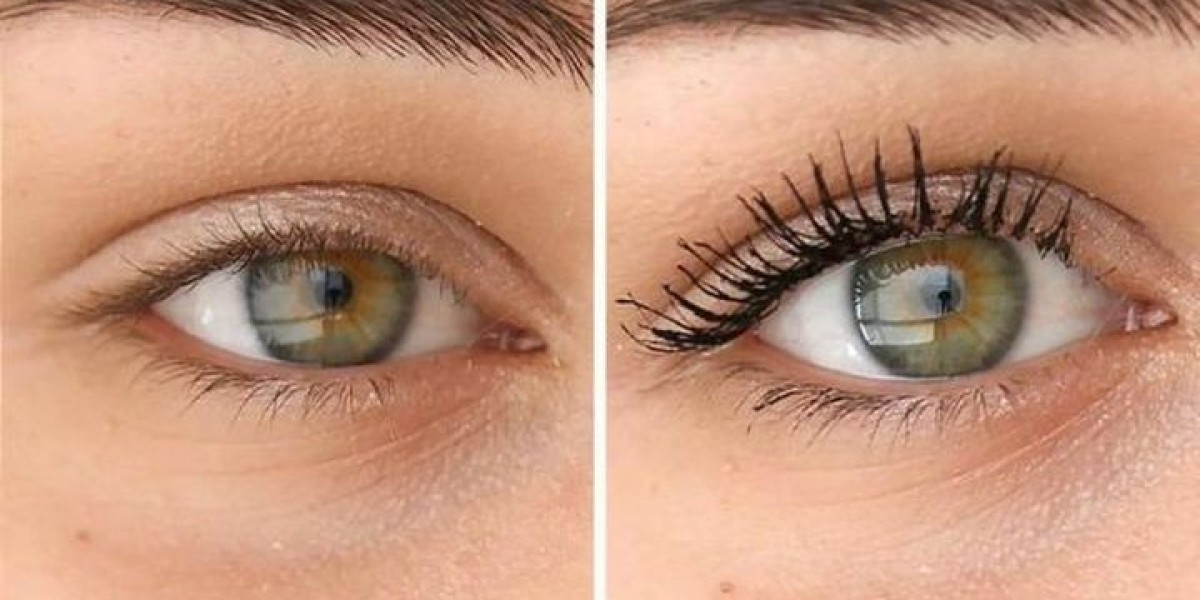A sudden dental injury can be alarming, painful, and often requires immediate attention to prevent long-term damage. Whether it's a cracked tooth from a sports accident, a knocked-out tooth from a fall, or an orthodontic emergency involving aligners, prompt care is crucial. Unfortunately, many people delay treatment, thinking it can wait or assuming it’s not serious. The truth is, when it comes to your oral health, every minute counts.In this comprehensive guide, we’ll cover everything you need to know about dental injuries from types and causes to treatment options and prevention tips. If you're looking for an emergency dentist in Hove, or currently undergoing treatment like Invisalign Hove, knowing how to respond to dental trauma can make all the difference.
What Is a Dental Emergency?
Dental emergencies refer to any oral health issue that requires immediate attention to stop bleeding, save a tooth, alleviate severe pain, or treat an infection. Common dental injuries include:
1. Knocked-Out Tooth (Avulsion)
One of the most urgent cases. A knocked-out tooth has the best chance of being saved if it's re-implanted within 30 to 60 minutes.
2. Chipped or Broken Teeth
Small chips may be cosmetic, but deeper fractures can expose nerves and risk infection.
3. Dislodged or Loose Teeth
Teeth that have shifted out of position need stabilization to avoid further trauma and potential loss.
4. Soft Tissue Injuries
Cuts or punctures to the lips, cheeks, or tongue require immediate care to control bleeding and prevent infection.
5. Lost Fillings or Crowns
While not always painful initially, these expose your tooth to damage and decay.
6. Orthodontic Emergencies
For patients using Invisalign Hove, issues like cracked aligners or discomfort from tooth movement should be addressed quickly to avoid treatment delays.
Causes of Dental Injuries
Dental trauma can happen unexpectedly, but understanding common causes helps with prevention:
- Sports injuries (especially contact sports like football or hockey)
- Falls or accidents at home or outdoors
- Car accidents
- Chewing hard foods or objects
- Teeth grinding (bruxism)
- Using teeth as tools (e.g., opening bottles or packaging)
Children, teenagers, and active adults are especially at risk.
Why Immediate Care Is Critical
1. Saving Teeth
Time is the most important factor in saving a dislodged or broken tooth. The longer you wait, the lower the chances of a successful reattachment or repair.
2. Preventing Infection
Dental injuries often expose the pulp or root, allowing bacteria to enter. Left untreated, this can lead to abscesses or spread to the bloodstream.
3. Minimizing Pain and Swelling
Prompt treatment not only resolves the root issue but also manages pain and discomfort effectively.
4. Preserving Orthodontic Progress
If you’re using Invisalign in Hove, an ill-fitting or broken aligner can throw your treatment off track. Emergency dentists can replace trays or make quick adjustments.
First Aid for Common Dental Injuries
Knowing what to do before you reach the dentist can make a big impact.
Knocked-Out Tooth:
- Handle by the crown, not the root
- Rinse gently with water (do not scrub)
- Try to reinsert into the socket if possible
- If not, store in milk or saline solution
- See a dentist within 30–60 minutes
Chipped or Broken Tooth:
- Rinse mouth with warm water
- Apply cold compress to reduce swelling
- Save any broken fragments
- Avoid chewing on the affected side
Toothache or Abscess:
- Rinse with warm salt water
- Use a cold compress for swelling
- Avoid applying aspirin directly to the tooth
Soft Tissue Injury:
- Apply gentle pressure with gauze to stop bleeding
- Use a cold compress on the outside of your cheek
- Seek emergency care if bleeding doesn’t stop in 15 minutes
What to Expect from an Emergency Dentist in Hove
When you visit an emergency dentist in Hove, you can expect quick and focused care tailored to your situation. The emergency dental visit typically includes:
1. Pain Assessment and Control
Your comfort comes first. Pain relief may involve local anesthesia, numbing gel, or anti-inflammatory medication.
2. Imaging and Diagnosis
X-rays or digital scans are used to identify underlying damage, especially to the roots or jawbone.
3. Immediate Treatment
Depending on the injury, treatment might include:
- Repositioning and stabilizing loose teeth
- Filling or bonding cracked teeth
- Root canal treatment
- Temporary crowns or repairs
- Antibiotics for infections
4. Follow-Up Plan
Emergency dentists may schedule follow-up visits to monitor healing, perform permanent restorations, or adjust treatment plans like Invisalign.
Invisalign and Dental Emergencies
If you're undergoing orthodontic treatment with Invisalign in Hove, you should still know how to handle unexpected issues. Here are some common Invisalign-related emergencies:
Cracked or Lost Aligners:
Contact your dentist immediately. A backup tray may be available, or a replacement can be expedited.
Severe Pain:
Mild pressure is normal, but sharp pain could indicate something is wrong. Misaligned trays or underlying issues should be assessed.
Loose Attachments:
These small "bumps" on teeth help guide aligners. If one breaks off, it can interfere with treatment. Emergency care may be needed to reattach it.Your Invisalign provider will typically give you an emergency protocol when you start treatment but don’t hesitate to call if something feels off.
Prevention: How to Avoid Dental Injuries
While accidents aren’t always avoidable, you can reduce your risk with a few practical habits:
1. Use a Mouthguard
Especially during contact sports or activities with a risk of falling. Custom-fit guards offer better protection and comfort.
2. Don’t Use Teeth as Tools
This common habit can lead to chips and fractures. Always use scissors or proper tools.
3. Avoid Hard Foods
Ice, hard candy, and even unpopped popcorn kernels are frequent culprits of cracked teeth.
4. Maintain Oral Health
Regular dental checkups help identify weakened teeth, decay, or poor restorations that are more prone to injury.
5. Manage Stress
Teeth grinding caused by stress can wear down enamel and make teeth vulnerable. Your dentist may recommend a night guard if this is an issue.
Special Considerations for Children
Children are particularly susceptible to dental injuries, especially as they begin to walk, play sports, or ride bicycles. Be vigilant about:
- Childproofing your home
- Supervising playtime
- Encouraging mouthguard use during sports
- Regular dental visits to monitor growth and development
Immediate care is essential for children just as it is for adults. Even baby teeth should be treated quickly to avoid long-term complications with permanent teeth.
When to Go to the Hospital vs. Emergency Dentist
Not all dental emergencies require a trip to A&E. However, you should go to the hospital if:
- There's severe bleeding that won’t stop
- You suspect a jaw fracture
- The injury affects the face or head
- There are signs of systemic infection (fever, swelling, difficulty breathing)
Otherwise, an emergency dentist in Hove can typically handle most dental traumas efficiently and safely.
Conclusion
Dental injuries are unpredictable and often painful, but the right care at the right time can make all the difference. Whether you’ve suffered a sports injury, a fall, or an unexpected issue with your Invisalign in Hove, acting quickly ensures the best outcome for your smile and overall health.If you’re searching for a reliable emergency dentist in Hove, the experienced team at EDH is prepared to offer fast, compassionate care when you need it most. From trauma treatment to orthodontic emergencies, EDH combines expertise with urgency to help you recover quickly and safely.







